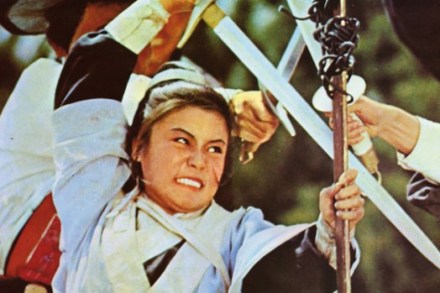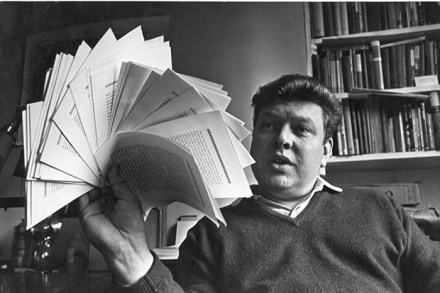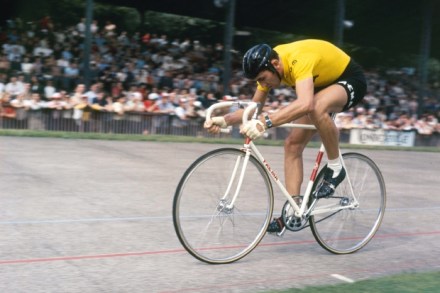Why did a Russian ballet dancer throw acid in his boss’s face?
The 16th June 1961 and 17th January 2013 are two indelible dates in the annals of Russian ballet. Two events that left the world gobsmacked — the escape of a Cold War fugitive and an acid attack by a subordinate on his boss — all enhanced in strangeness and sensational interest because they came out of the ballet world, a world largely closed to the rest of us. By a coincidence that’s as informative as it is lucky, two gripping documentary films emerge right now which tell these stories with dramatic effect, but also suggest a cultural link between the defection of the Kirov’s bad boy Rudolf Nureyev and the


















